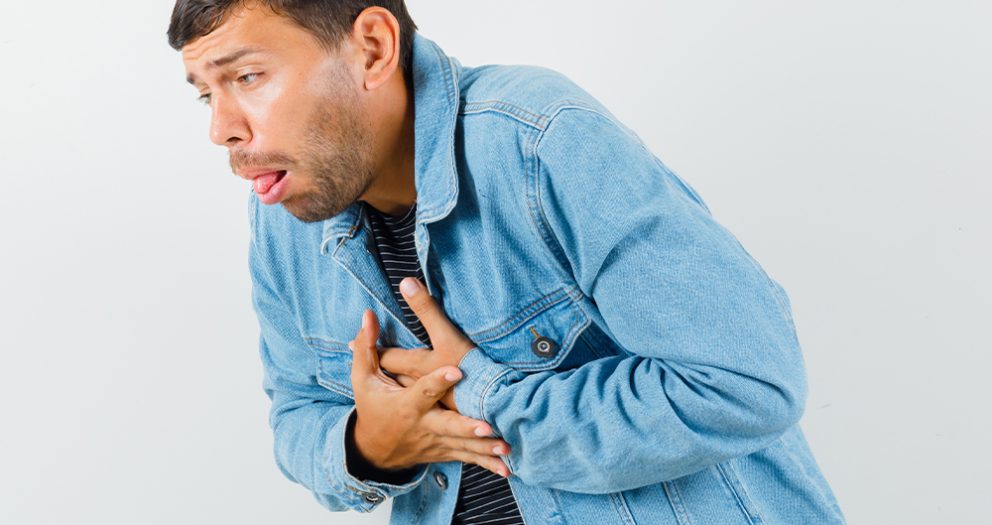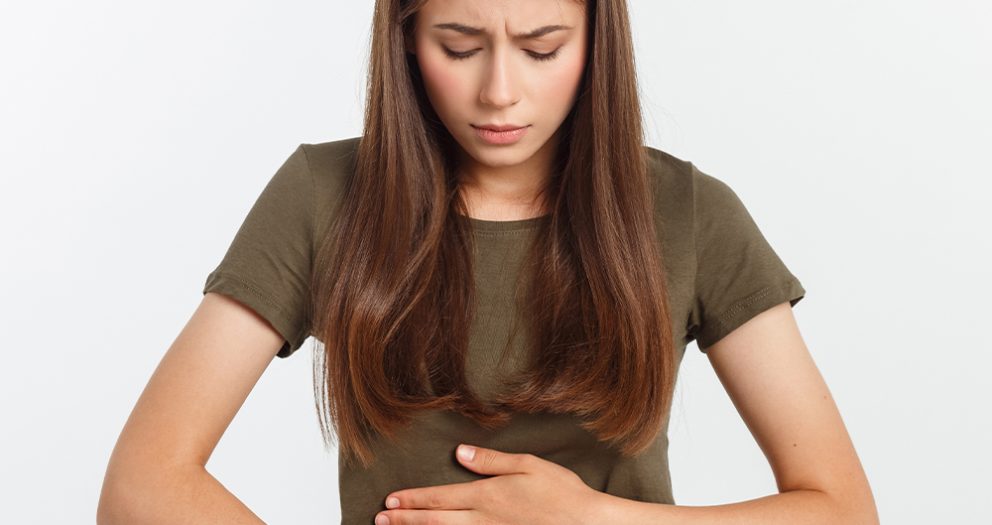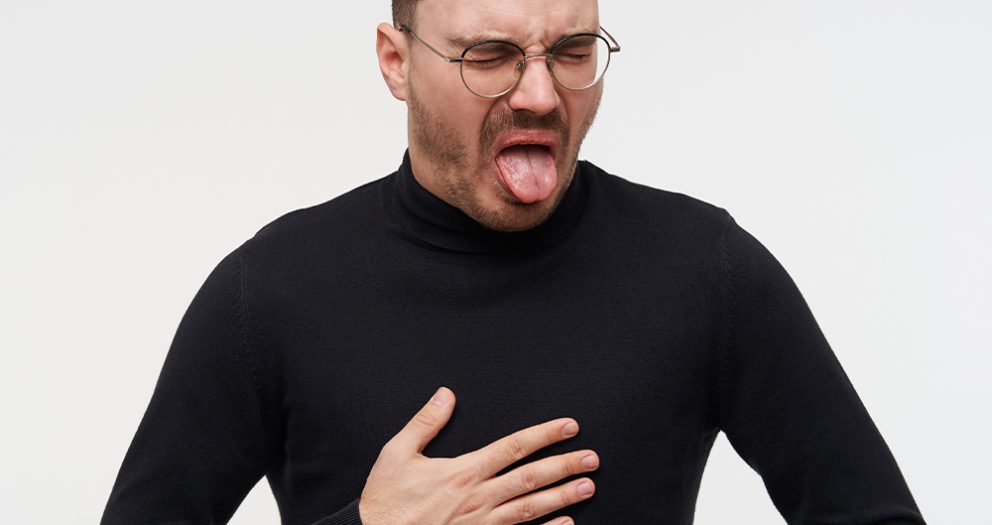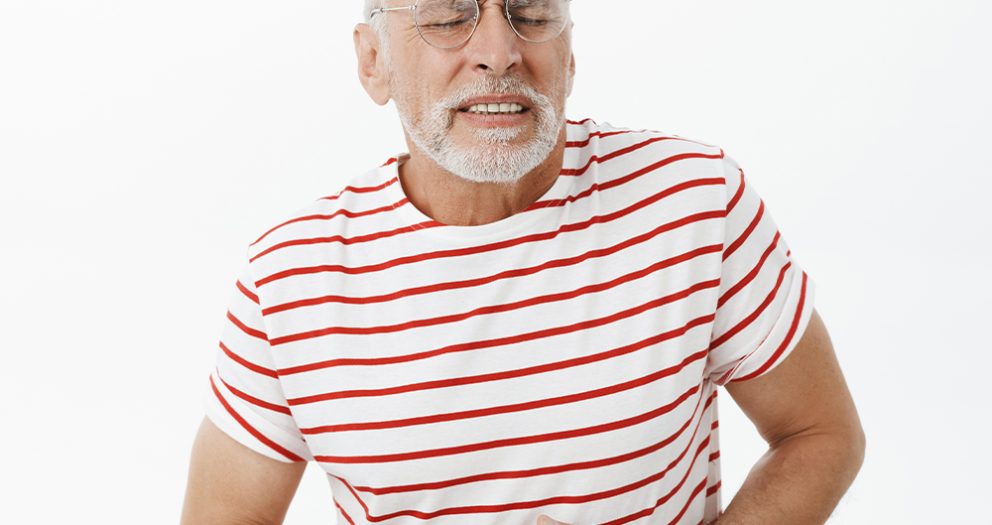Many people nowadays who are unfortunate enough to suffer from constant acne outbreaks have been drilled with basics of guarding their skins from this highly unpopular condition. They are fully conversant with what things make acne worse. Nevertheless, despite everything they do, the acne keeps appearing and reappearing again and again. What is the problem here? Most likely, they are doing what they are supposed to be doing the wrong way! Read and learn more.
The 10 possible reasons for doing it all wrong
When you have been hard at work trying to ward off acne attacks so that you can become comfortable going out dating, or just laze around at home without being pestered with discomforting itchy and annoying pimples, it’s perhaps time to review what you are doing in your fight against acne outbreaks.
Here are 10 hints on how to improve the odds in your favor by ridding certain habits you are now practicing:
Habit #1: Trying out a new treatment – In your eagerness to get rid of your discomfort, stress and anxiety from having acne, you have gone overboard and embarked on trying out different acne treatments every week. This constant change of different treatments can aggravate irritation of your skin and increase your breakouts.
Alternative: Instead of regularly changing your medications for your acne outbreaks you should exercise patient and give your acne medication a chance to function for a while. It makes sense to use the treatment over a period of 8 weeks just to see whether or not there are any improvements.
If you don’t notice any improvement during that time, then you should try out another type of treatment. It normally it takes 12 to 16 weeks for your medication to clear your body of acne!
Habit #2: Select application – You are only deluding yourself if you falsely believe that by applying medication only on the blemished spots, you’d be ridding yourself of acne. Even though you are targeting individual pimples, you’ll fail in preventing new breakouts.
Alternative: Your immediate and long term goals should be to disable outbreaks of new blemishes on your body. If, for example the area of outbreak happens to be on your chin, nose or forehead, these should be the targeted.
This is not difficult because they are all found on your face. You should therefore apply the thin layer of medication uniformly on all these areas where acne has broken out.
Habit #3: Acne causing products – You are using makeup lotions or creams or even skin care products that can cause acne outbreaks.
Alternative: A possible way ofchanging the situation is that instead of using what you are using now for your hair, skin and beauty, you should search for “non-comedogenic” products or other products that won’t clog up your pores. In most cases, these alternative products won’t cause acne breakouts.
Habit #4: Sharing makeup items – If you have many in the family of different genders, it’s quite likely that you are sharing makeup, makeup brushes or applicators with your sisters.
When you do, you’d be transferring their bacteria, oil and cells of dead skin to your own skin. When they are in your skin, they can begin to act as plugs and clog up your pores leading to acne breakouts.
Alternative: It’s important to ensure that you use your own makeup, brush for applying makeup and applicators for your makeup and no one else
Habit #5: Sleeping with makeup still on – Even if you use non-comedogenic makeup, it’s still a risk to sleep with your makeup still on your face.
Alternative: You should completely remove all your makeup before going to bed without leaving any on your face. If it’s late and you haven’t the energy or the will to remove it by washing, then use a towelette, but make sure the towelette you are using is non-comedogenic.
Habit #6: Drying your face dry – You may be sweating from gardening or playing sport and you want to wash your face. Be warned that washing your face a few times during the day can cause skin irritation which may quite likely lead to more breakouts.
Alternative: Washing your face only twice a day when you wake up first thing in the morning and just before going to bed is all that your need to stay clean. When you are working outside or playing some sport, you need to wash your face when you finish your work or your game to wash the sweat away.
Habit #7: Drying your skin – An oily face is an uncomfortable situation to be in and getting your skin dry is the first thing you want to do. However the moment you irritate your skin, you open the door to more acne outbreaks so it’s wise not to dry your skin.
Alternative: It’s important that you use acne treatments exactly as directed. If dry skin is making you uncomfortable, use a moisturizer that’s friendly to acne-prone skin twice a day after washing your face. Avoid using astringents, alcohol or any other product that may dry out your skin.
Habit #8: Scrubbing your skin – You may also be tempted to scrub your skin thoroughly to get rid of your acne. This action can also irritate your skin causing a resurgence of a breakout.
Alternative: Be always gentle with acne-prone skin and wash it with a gentle touch using a mild non-comedogenic cleanser. Apply it very lightly with your fingertips in a circular movement. Use warm water to rinse off the cleanser remains with your fingers. Don’t’ scrub but gently pat your skin dry using a clean towel.
Habit #9: Rubbing sweat – It’s possible that you’ve forgotten and rubbed sweat off your skin during a workout session in the gym. Again this action will irritate your skin and cause breakouts.
Alternative approach: Always use a clean towel and gently pat the sweat off your skin instead of rubbing your skin surface.
Habit #10: Squeezing or popping acne – When you squeeze and pop your acne, some of the bad contents will be pushed deeper into your skin increasing the inflammation. More acne, pain and scarring usually happens with this action.
Alternative approach: Just don’t pop or squeeze acne but rather use medication. You’ll definitely need a dermatologist to clear your acne especially if your acne is deep or painful.
Conclusion
It’s always good to wonder and ask what things make acne worse because it makes us aware that many of the actions we take are done with our own thinking rather than with the wisdom of a doctor or a qualified health provider. This is the main reason why many suffer from extended conditions that can otherwise be solved with expert advice and assistance. It always pays to consult your health provider.






